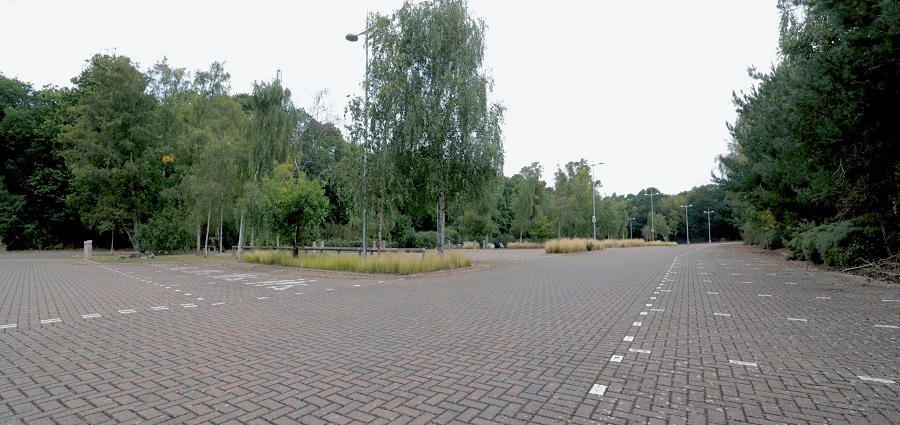
Despite January’s extreme weather and floods, the Government has announced yet more delays in implementing sustainable drainage systems (SuDS) for new projects, aimed at reducing further flooding, through the 2010 Flood and Water Management Act.
However, SuDS experts from trade body Interpave have pointed out that impermeable surfaces on existing properties are contributing to downstream flooding now.
Planning measures are already in place to help address the problem but local planning authorities need to prioritise enforcement.
Changes in Permitted Development rules have been in place for some time to encourage permeable solutions for new or replacement paving around existing buildings, as part of the fight against flooding.
Before the changes, paving anywhere in a garden related to a house or bungalow with any materials was considered to be ‘permitted development’ – effectively, an automatic planning permission without needing a planning application.
However, permitted development rights have been taken away from new or replacement drives or other hard surfaces, unless permeable paving is used or water drains onto a permeable area within the property. Otherwise, planning permission will be required and this should be resisted on policy grounds.
These measures took effect in October 2008 in England and have applied from 30 September 2013 in Wales - in both cases applying to paving over 5m2 (although just for replacement paving in Wales) and in the front garden only. For Scotland, similar measures apply to work initiated after 6th February 2012 and to areas of any size between the house and any street - therefore not just front gardens. But it’s not just domestic drives that are affected. Similar measures have applied to industrial, warehouse, office and shop premises in England since April 2010 and they are being considered in Scotland as well.
All these measures rely on action now by local planning authorities in prioritising enforcement to have a real impact on downstream flood prevention in the future.
Of course, a small area of paving in isolation is not going to cause major flooding – but it is the cumulative impact of lots of areas around homes and commercial properties being sealed up that creates real problems. For example, The Greater London Authority estimated that paving over front gardens for car parking that has already occurred in the city is equivalent to an area around 16 times the size of the new Olympic Park or the size of 5,200 football pitches.
All the permitted development regulations refer to a guide on permeable paving from the Department of Communities and Local Government and this, in turn, refers to Interpave’s website www.paving.org.uk/domestic and its guidance document: ‘Paving for Rain: responsible rainwater management around the home – guidance for householders’. More guidance for property professionals is available from ‘Permitted Paving’ which can be downloaded from www.paving.org.uk/commercial.










